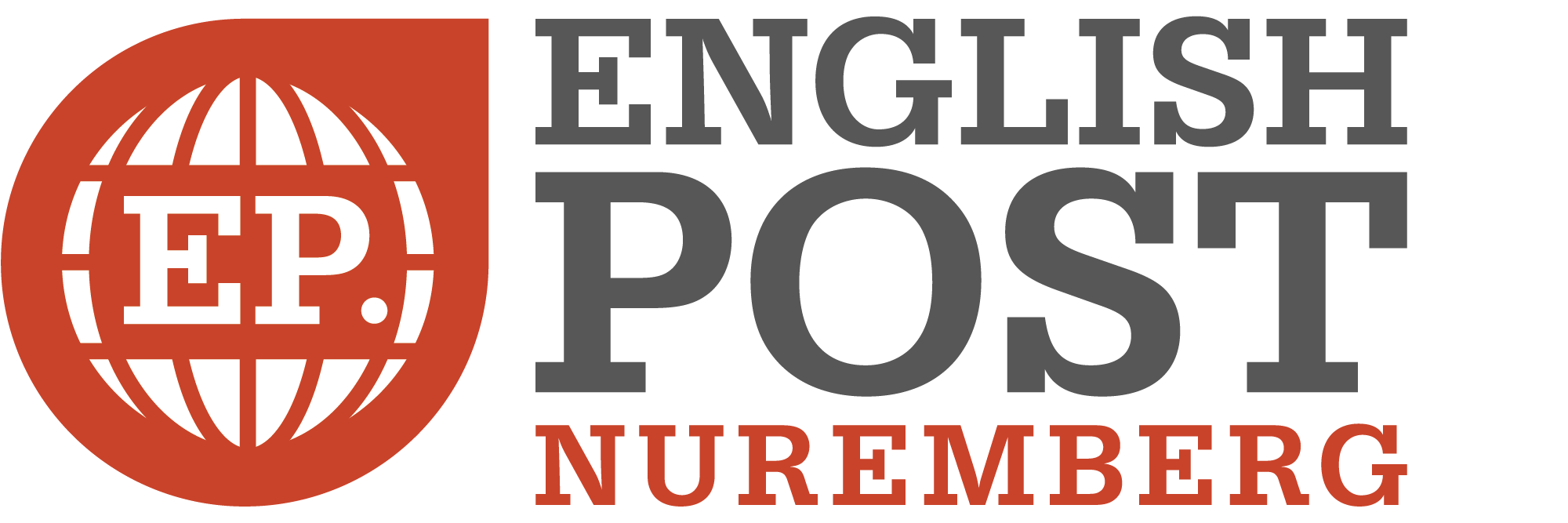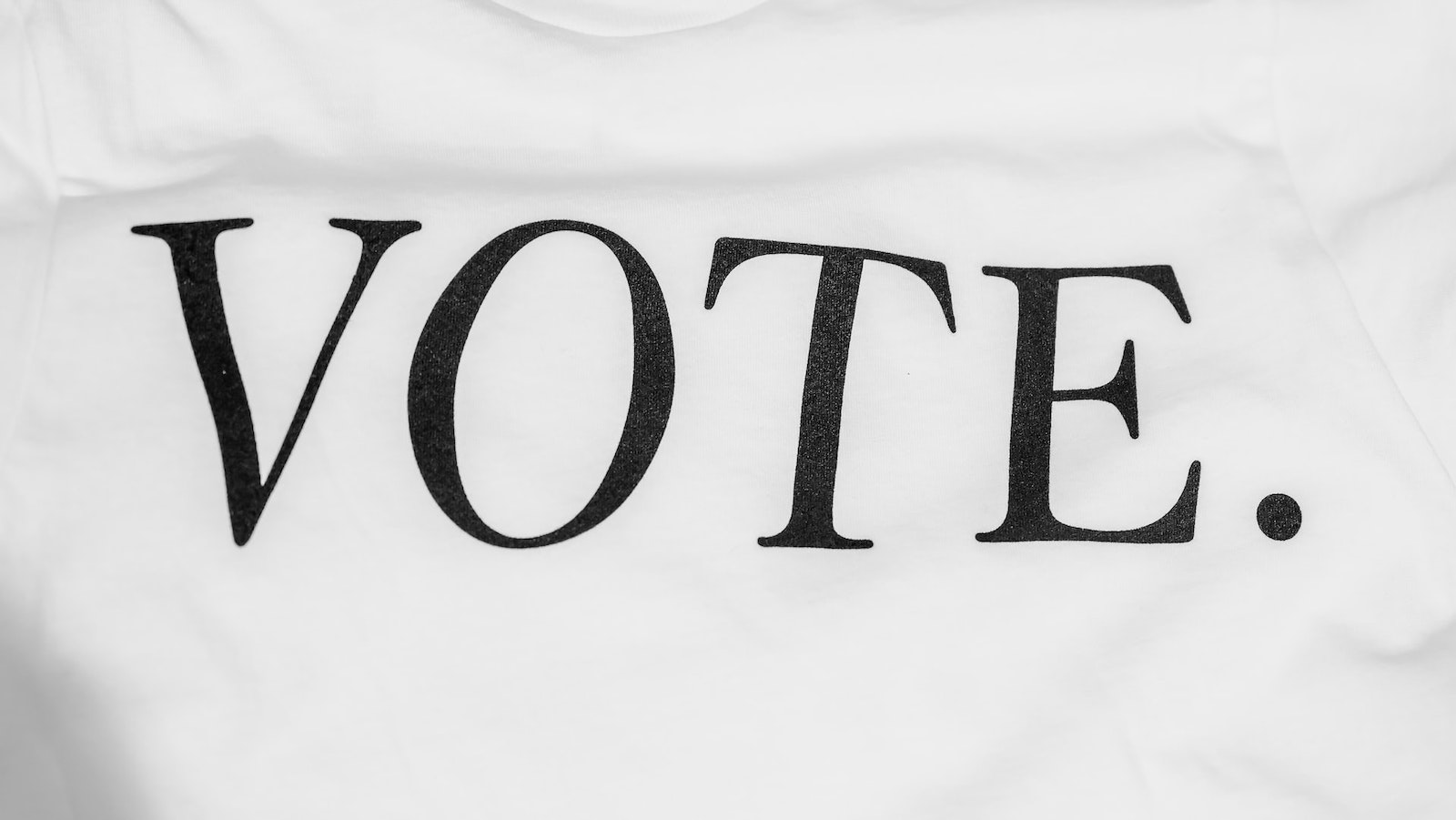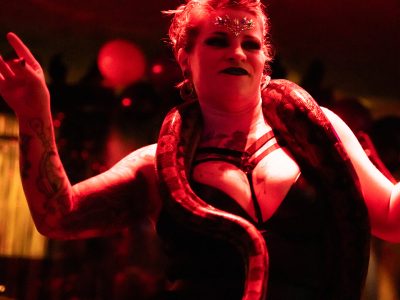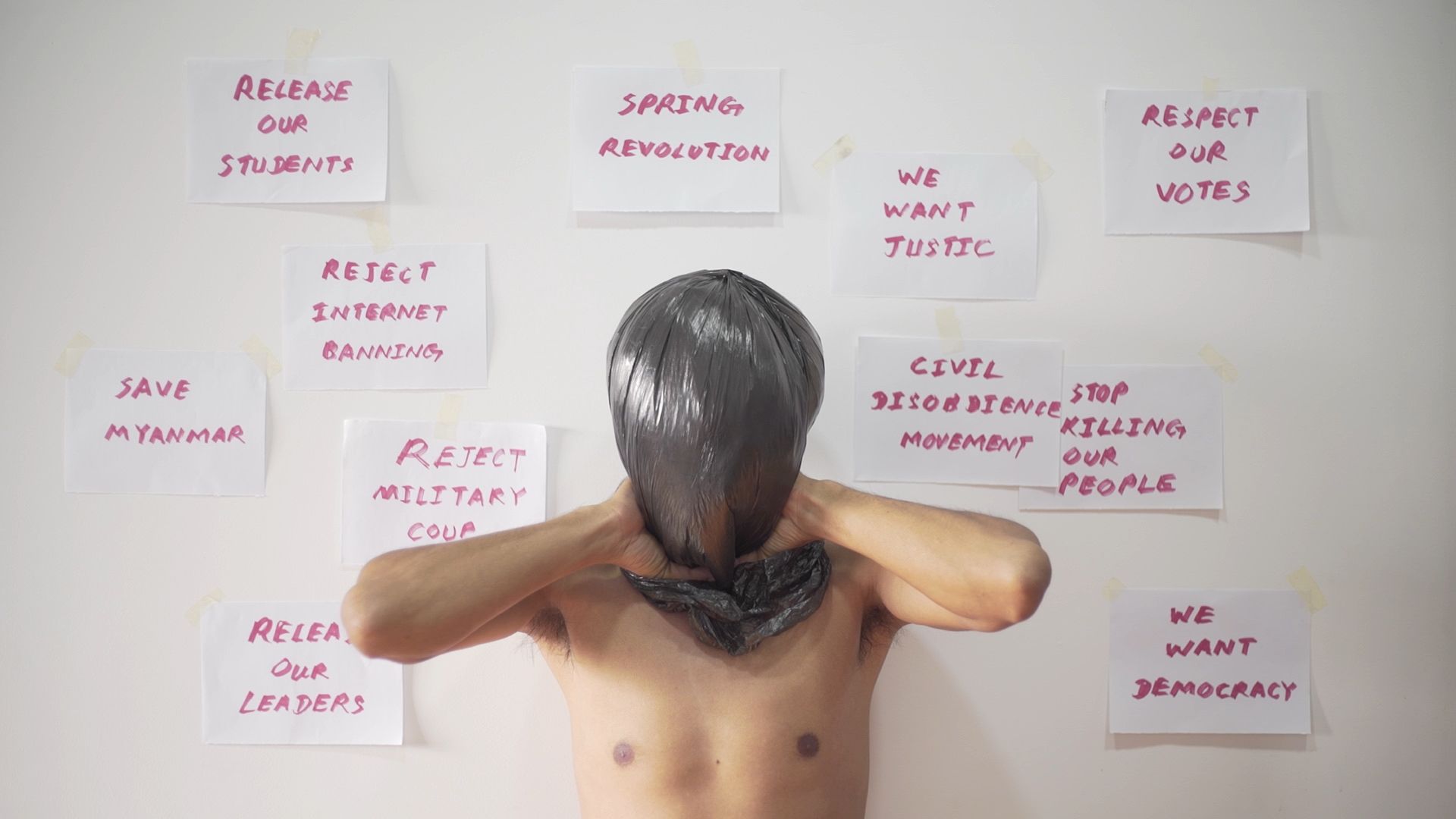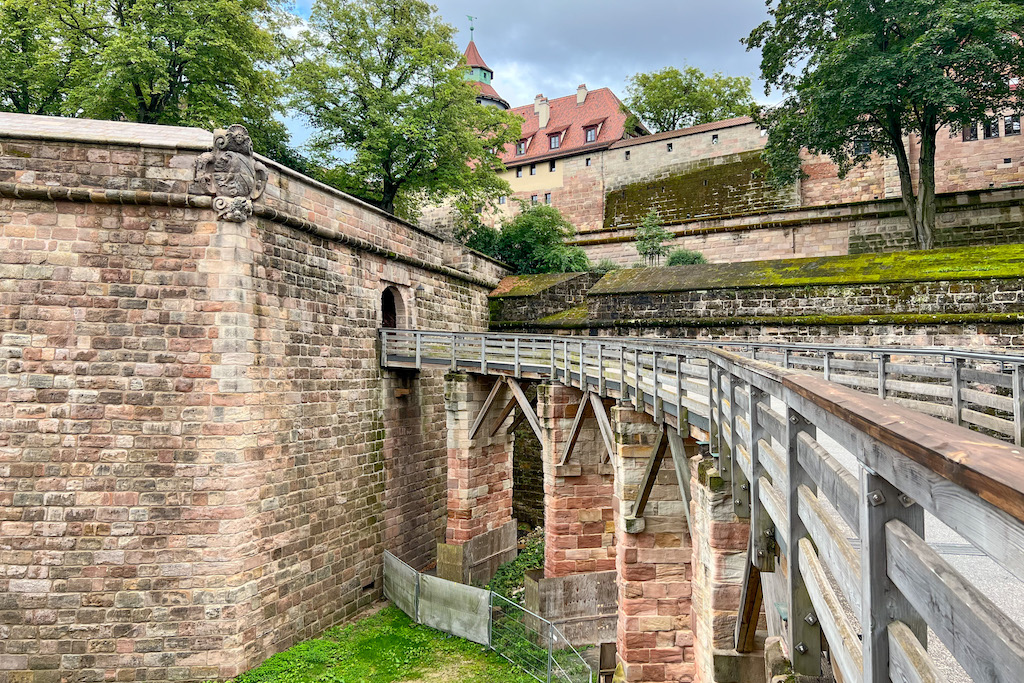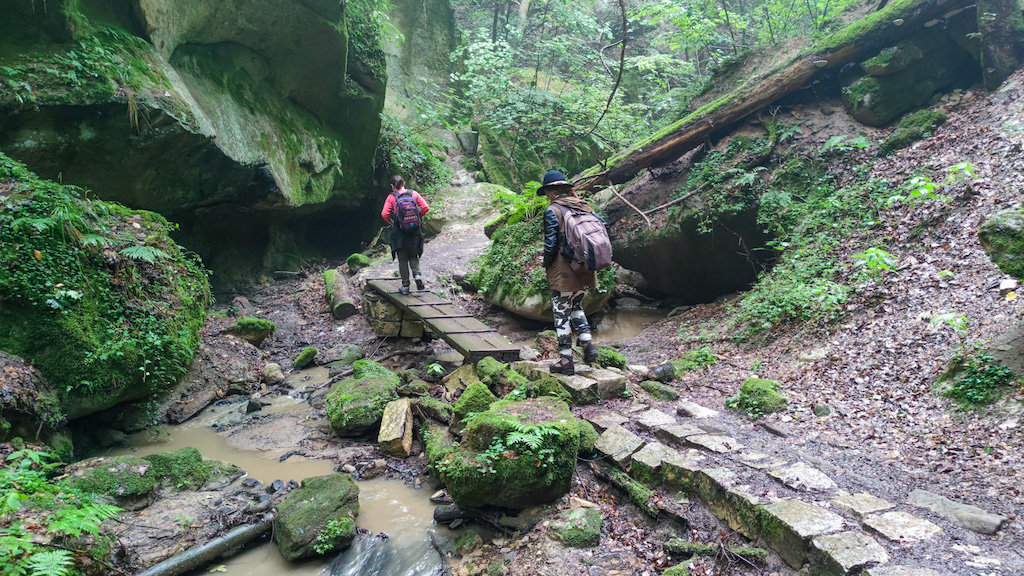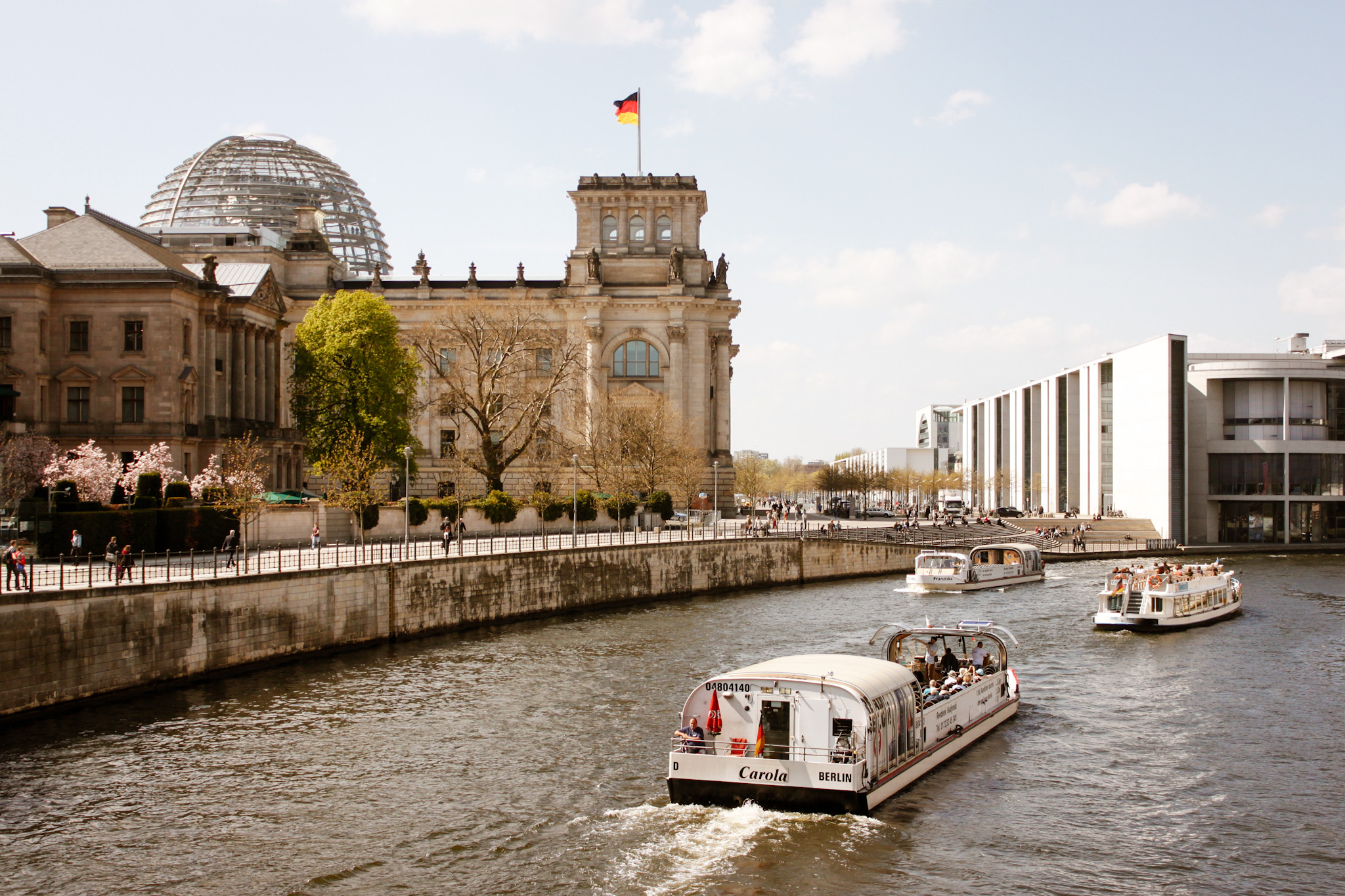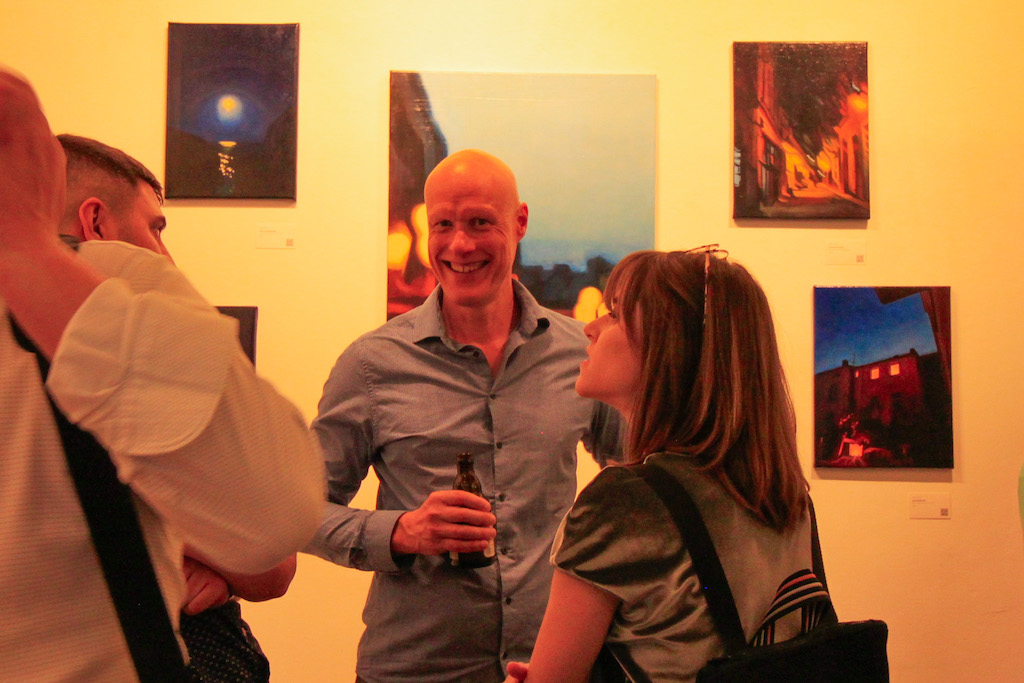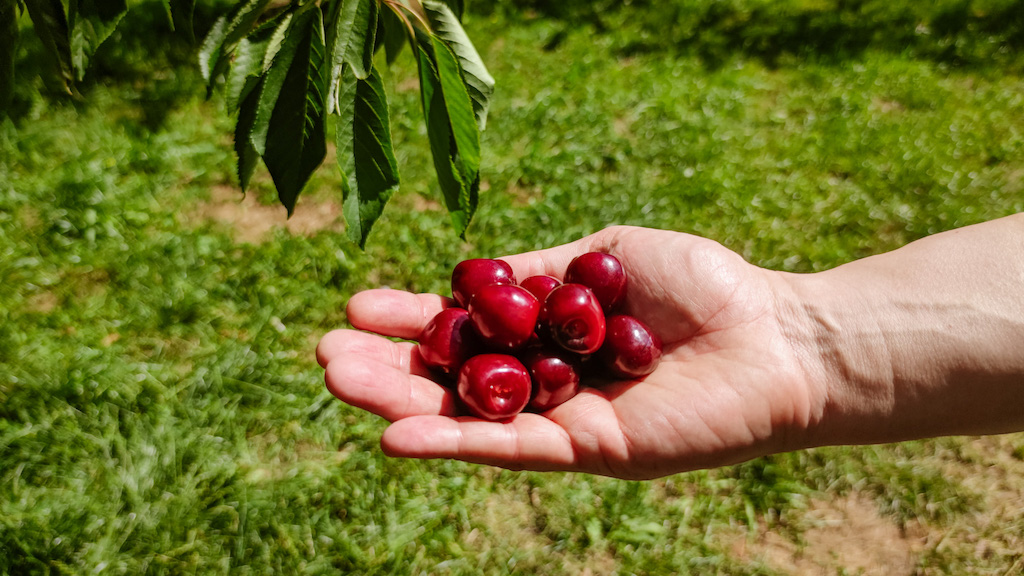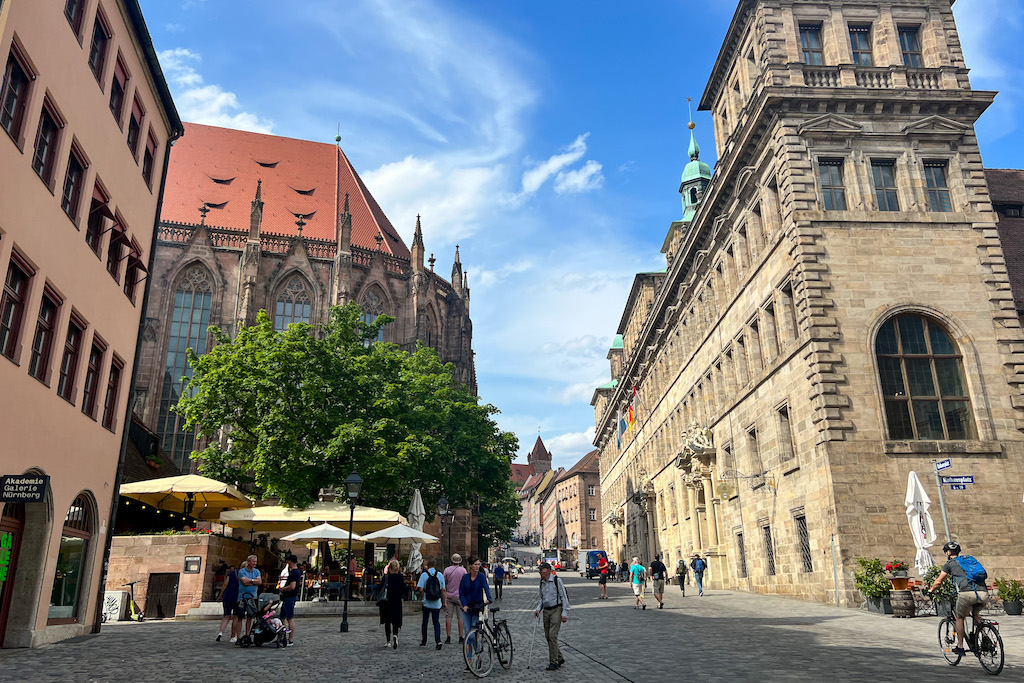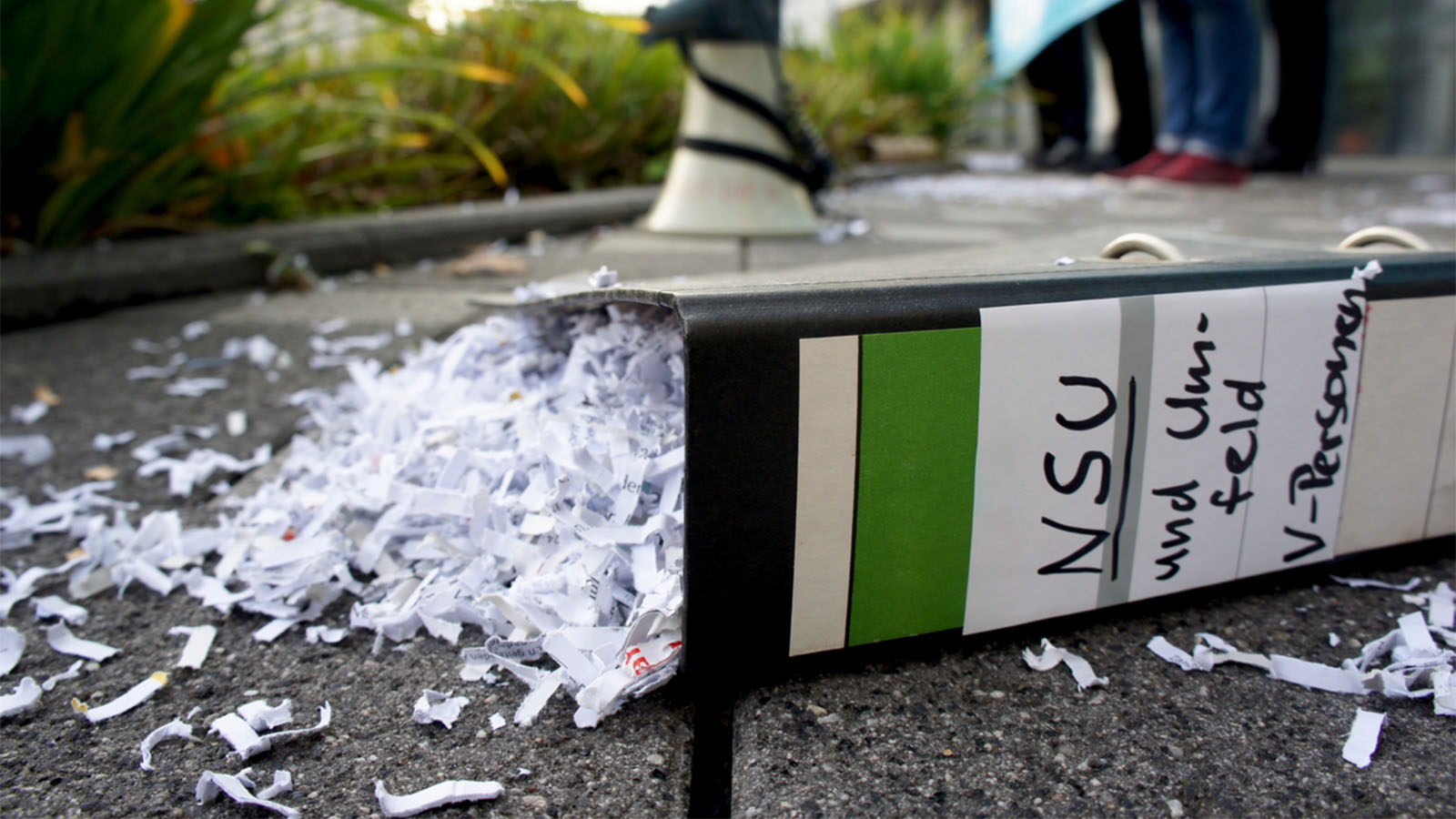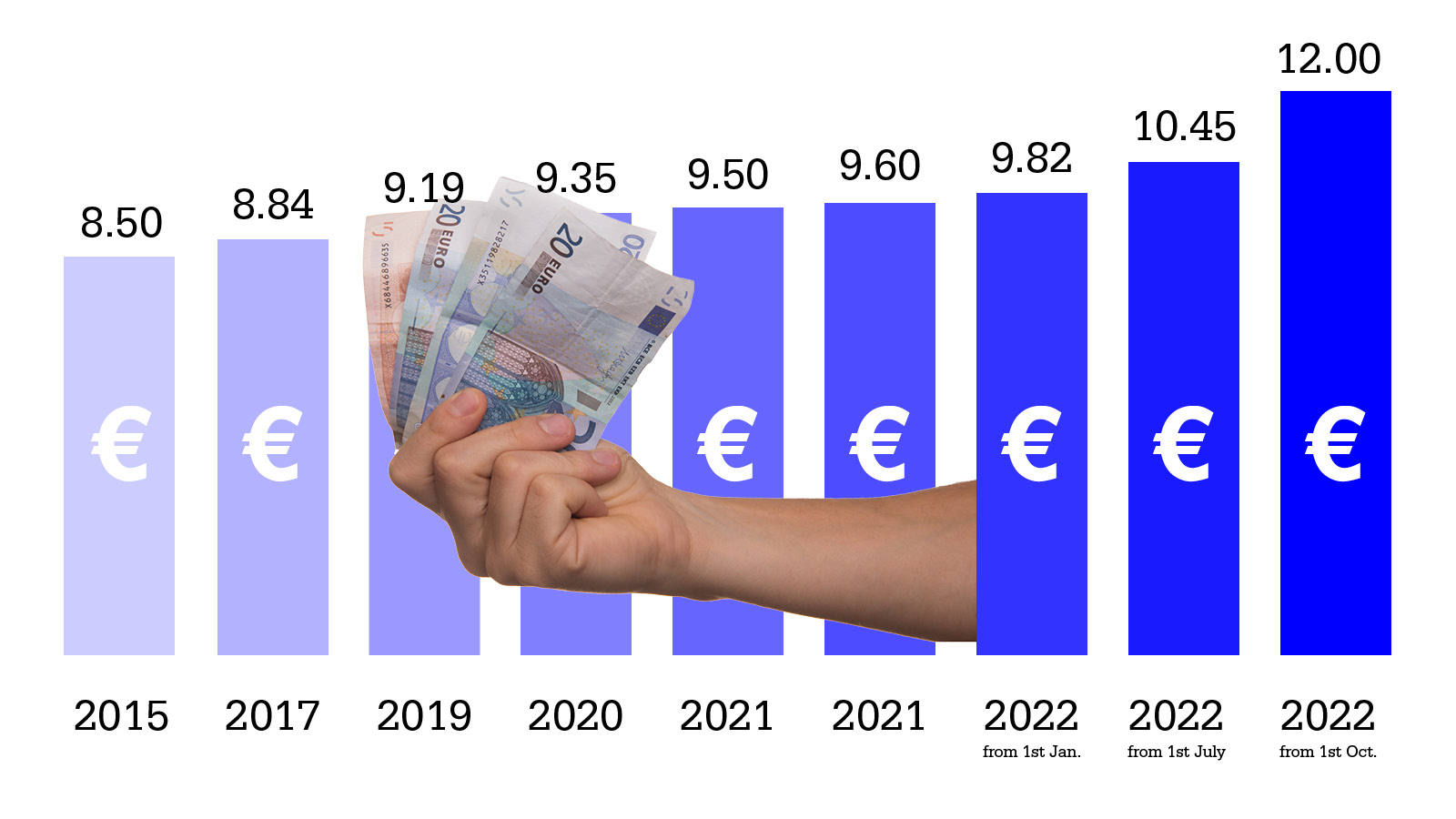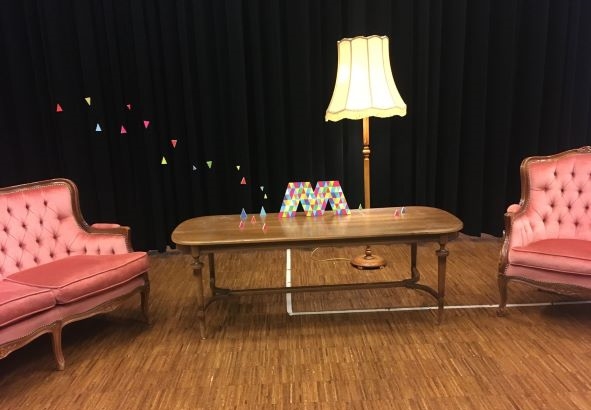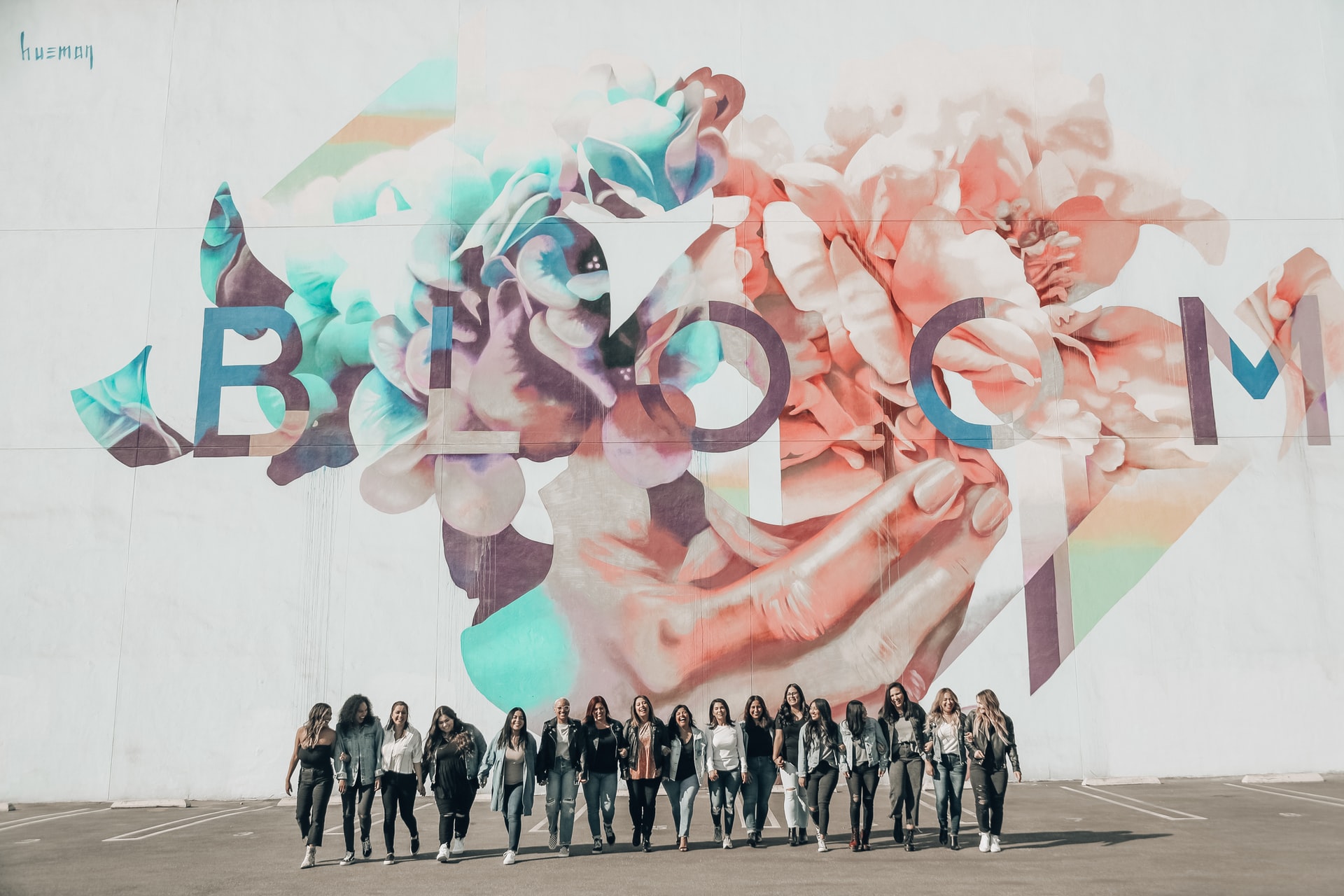More elections in Nuremberg? You may have noticed the many placards promoting the upcoming poll on Sunday, 9th October. And this time, you might even be eligible to take part! The election is for Nuremberg’s Integration Council or to give its official title “Integrationsrat”.
What is the Integration Council, what does it do and who runs it?
The council was set up by Nuremberg City Council to represent the people of Nuremberg who have an immigration background. This is a considerable number of people considering 48% of people living here have such a background (See our article from August 2020). Its purpose is to represent foreign nationals, dual nationals, naturalised Germans and re-settlers, assist in their integration, and promote equal and peaceful coexistence. The council participates in the political process in Nuremberg, advising the city council and administration. It also proposes schemes to improve the lives of immigrants and their families in the city. For example, Nuremberg now has an anti-discrimination office following a submission by the Integration Council.
The Integrationsrat consists of 30 members who are chosen in the election process. To be elected, candidates must have lived in Nuremberg for a minimum of three years and have a migration background. The 30 seats are divided into four groups representing people from different regions around the globe. These are:
- European Union, 8 seats
- non-EU Europeans, 9 seats
- Africa, Asia, America, and Oceania, 8 seats
- Re-Settlers (Aussiedler), 5 seats
Every two years, the council internally elects a committee to represent the council. The committee comprises nine members: a chairperson, three vice-chairpersons, and five others.
A video in English, explaining the background of the council is available here.
Who can vote in the election?
Voters must be of voting age (18+), have lived in Nuremberg for at least six months and have a migration background, i.e. foreign nationals, dual nationals, naturalised Germans and re-settlers.
On the ballot paper, which is supplied at the polling station, each voter may cast 12 votes which they can distribute between the various candidates. A maximum of three votes can be given to each candidate, but take care, if more than 12 votes are cast on one ballot paper it becomes invalid.
A video in English, explaining the election process is available here.
Almost 80 candidates are standing in this election. Some belong to interest groups or parties; others stand as independents. Here is a list of all the groups (in alphabetical order):
Aktiv-Mutig-Grün (4 candidates)
Bunte We Integrate Liste (5 candidates)
Die Hay(m)at-Liste (3 candidates)
Die Linke. International (9 candidates)
DIL Demokratische Internationale Liste (4 candidates)
Internationale Union Nürnberg (14 candidates)
SPD International (10 candidates)
Türk Nürnberg (4 candidates)
Additionally, there are 25 independent candidates.
A list of all candidates with links to their promotional material is available online here.
To get an idea of the kinds of issues being discussed, English Post approached each group and one independent to tell us what subjects are important for them. (Disclaimer: The views expressed are from individuals within the groups and may not represent the views of other candidates within the same group). By the time of publication, we received the following replies:
Die Linke. International
Action to improve the Offices for Migration and Integration in Nuremberg. Reduce waiting times for visas and applications for citizenship.
Reduce living costs
Increase housing availability
(Telephone interview with Taha Zarrouf)
Die Hay(m)at-Liste
1. Voting rights for everyone: In Nuremberg, all people should be allowed to vote, no matter their ethnicity or origin. Nearly half of Nuremberg’s citizens have a migration background. Every ethnic community should take part in democracy as well as in democratic elections.
2. Diversity in government offices: In Nuremberg’s offices, all people have to be treated equally. There needs to be more respect for each other instead of discrimination.
3. Green and affordable city: A greener and more equal as well as affordable Nuremberg needs more trees and fewer cars in the city. This new and car-free space should be used to build affordable housing.
4. Support for sports clubs and focus on them as “places for coming together”.
5. Education – help create equal opportunities, counteract poverty, solve cultural and religious conflicts through encounters and show perspectives of a common togetherness.
6. Liveable Südstadt – more green spaces, playgrounds and sports fields as places of encounter, and also more culture.
Gizem Fesli
Internationale Union Nürnberg
Integrating people with foreign roots into our society is a crucial political task for the CSU. For us, integration is not a one-way street. Through targeted publications such as “integrate and let integrate”, we inform the people of Nuremberg about the importance of integration in our urban society. In doing so, we emphasise language skills, which we consider an essential factor for integration. We are also concerned about preserving the traditions from peoples areas of origin because that is what defines the multicultural diversity in our society. We want to “integrate, not assimilate”.
We understand integration as a positive, progressive process shaped by immigrants, politics and society as a whole. This diversity is an opportunity and enrichment for our country.
Integration leads to equal participation, mutual understanding and, at the same time, identification with our country.
This is what we stand for in the Integration Council, and we would like to see the diversity of society reflected there as well. We see the Integration Council as an opportunity for immigrants to introduce the concerns of their regions of origin into the political life of the city of Nuremberg and to support their integration.
Werner Henning
Independent
1. recognition, justice, development for people with a migration background;
2. cultural diversity, which is also public service;
3. equal educational opportunities for all children and young people;
4. fighting discrimination, anti-Semitism, racism;
5. sustainable Nuremberg town twinning with countries in 4 regions of Africa.
Robert Katianda
DIL Demokratische Internationale Liste
Equality of opportunity, participation and mutual integration. What needs to be done to solve problems like discrimination and exclusion within international law and the human rights framework.
We should address social issues more directly, so they are no longer problems. As we all know, critical issues facing the Turkish community living in this country today include equal opportunities in the education system, the enjoyment of social and cultural rights, dual citizenship and the contribution of Turkish migrants in Germany to bilateral relations. As far as these issues are concerned, we should develop more empathy for each other and adopt a more positive approach.
Kamber Özdemir
